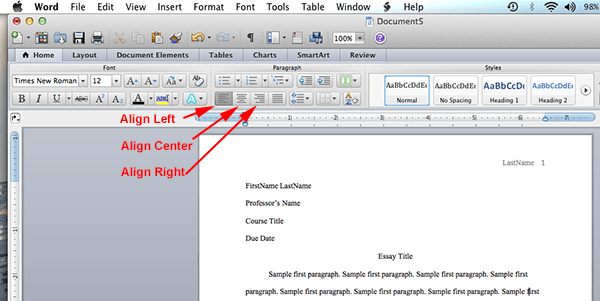

- #HOW DO I MAKE A JPEG FROM A WORD DOCUMENT IN MAC HOW TO#
- #HOW DO I MAKE A JPEG FROM A WORD DOCUMENT IN MAC INSTALL#
- #HOW DO I MAKE A JPEG FROM A WORD DOCUMENT IN MAC PASSWORD#
- #HOW DO I MAKE A JPEG FROM A WORD DOCUMENT IN MAC PLUS#
#HOW DO I MAKE A JPEG FROM A WORD DOCUMENT IN MAC HOW TO#
How to Transfer iTunes Library from Mac to Windows PC You can even copy an entire iTunes library to Windows. You can also add your files to OneDrive and access your music from other PCs, the web, and your Xbox console.Īnd if you’re an Apple Music* or iTunes* user, you can stick with the fully-supported iTunes for Windows*. If you have a collection of locally saved music files, you can play them locally with Microsoft Groove*. How to Transfer Music from Mac to Windows PCĪll your favorite music streaming services 3 - Spotify*, Pandora*, TIDAL*, and many more-are available on Windows. As you copy files to your new PC, you can move documents, MP3s, and images to their appropriate folders. The File Explorer sidebar includes shortcuts to these folders, and you can always navigate directly to them via your account’s user folder at C:\Users\\. While optional, using these folders helps keep your data organized, accessible, and safe, since most backup and online syncing services protect these folders by default. Like macOS, Windows user account offers default folders such as Documents, Pictures, Music, and Videos. For Wi-Fi networks, position both PC and Mac devices close to the Wi-Fi router. To help ensure superior performance, use wired Ethernet or the latest compatible Wi-Fi version. Note: The transfer speed can vary depending on your network and the connection strength of each device.
#HOW DO I MAKE A JPEG FROM A WORD DOCUMENT IN MAC PASSWORD#
#HOW DO I MAKE A JPEG FROM A WORD DOCUMENT IN MAC PLUS#
#HOW DO I MAKE A JPEG FROM A WORD DOCUMENT IN MAC INSTALL#
Then install the corresponding app on your new PC.Check that the syncing process is up to date.Make sure that the service is configured to sync the desired folders.

Online file synchronization services such as OneDrive*, Dropbox*, or even iCloud* can sync your data from your Mac to your new PC. This option works best if you have an internet connection with fast upload speeds. You can use a cloud service if you don’t have many large files like videos. In this case, delete data from the external drive after it has been copied to your PC to clear space, and repeat the process as necessary. Note: Depending on the size of your external storage device, you may not be able to fit all your data onto the external drive at once. Once the process is complete, connect the drive to your Mac.Click OK on the popup window to confirm again and start the disk formatting process.If desired, add a name for the drive in the Volume Label field and click OK.From the File System drop-down menu, select exFAT.Right-click on its primary partition and choose Format.Find your external drive listed in the lower half of the window.Click the matching result to launch the Windows Disk Management utility.Type Create and Format Hard Disk Partitions.Connect the drive to your PC and launch the Start Menu.You can now drag or copy your files from the external drive to your PC.Connect the drive to your PC and launch File Explorer to access the drive.Use Finder to drag-and-drop files and data from your Mac to the external drive.Once the process is complete, the drive is mounted in Finder.Name the drive as desired, use the Format drop-down menu to select exFAT, and click Erase.Choose Erase from the list of icons near the top of the window.Launch the Disk Utility application and select the external drive as the source.Once that’s done, you can format the drive to exFAT in macOS or Windows. If it’s not a brand-new drive, formatting it erases all existing files. Before you format an external storage device, first back up any data on the device.


 0 kommentar(er)
0 kommentar(er)
